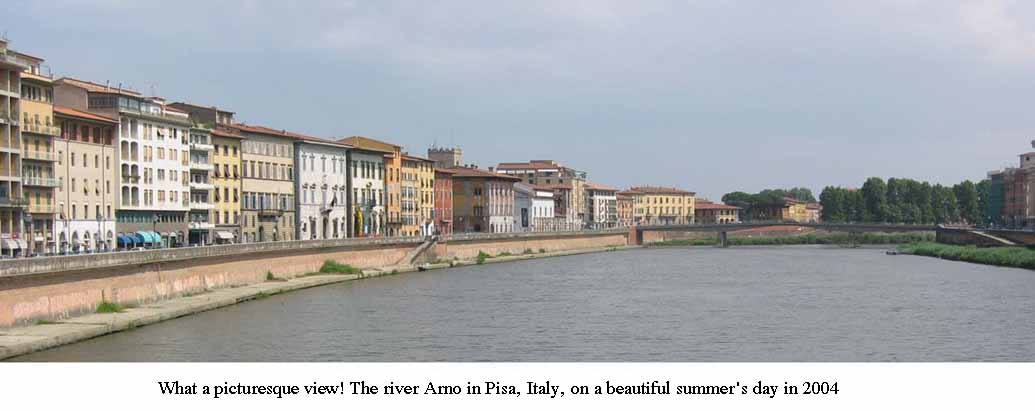Criteria of a 'modernist' text
What is a 'modernist' text?
Forster's The Machine Stops is certainly not a modernist text. (True) it deals with a modern or modernist theme. Yet this in itself doesn't make it a modernist text.
Forster is a clear-cut example of a modernist writer who criticizes modern man's uncritical belief in progress. However, this progress leads to absurdity, a world deprived of any individuality. And where there is no individual privacy, no freedom of the mind, there are no human conditions. Man cannot thrive in a world where purpose and art are dictated (to/imposed upon him) by a machine, where a machine assumes the function of an unquestionable God (permitting no counter-opinions on what He prescribes). So the very theme in Forster is one that bears signs, motifs of science-fiction. Yet Forster doesn't apply typical, exclusive devices to express his misgivings and presentiments about what scares him. His warnings, premonitions, forebodings are embedded in a purely narrative text displaying the features of convention: spelling and grammar comply with what is considered standard English, however poetic and otherwise exceptionally rich in its figures of speech his language is - regarding the use of alliteration, split up in assonance and consonance; images in the form of similes or metaphors; emphatic use of the subject-object reverted word order through inversion, for instance.
Typically modernist texts are those of Woolf (Mrs. Dalloway), Eliot in his poetry (The Wasteland and The Love Song of J. Alfred Prufrock), I would also include Yeats and Joyce, and last but not least Beckett (as we shall see in the seminar classes to come).
I wouldn't reckon Shaw among (the category of) modernist writers. Shaw makes use of conventional language forms to advocate a Marxist-related view of society. He - in a way - can be compared to Charles Dickens in as far as he acted as a "social reformer", too.
Even K. Mansfield is not a modernist writer as far as her themes of 'the modern temperament', the "modern soul" are concerned. Her style as well doesn't deviate from conventionality.
A modernist writer is one that steers away, departs from the familiar, customary forms of language (laid down in orthographic, syntactical, and inflectional rules).
Any intensive and consistently conspicuous diversion from such rules, in an attempt to convey a message in another way, is what I consider/recognize 'modernist'.
The distinction between modernism and post-modernism seems to be a subtle and finally arbitrary one in that it is more determined by the subject-bound perspective of the respective assessor.
------------------------
My tutor’s assessment:
Good – I agree with you for the most part. Though I would suggest that Forster’s ‘modernist’ elements appear in the theme – in the breaking apart of signification, and the highly artificial environment that takes the place of the natural world. While stylistically this is not modernist, it seems much akin with Eliot’s version of modernity – as much a function of language as anything else.

